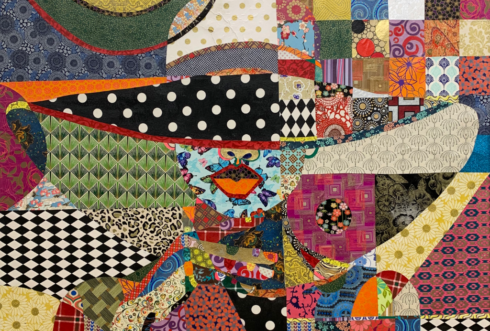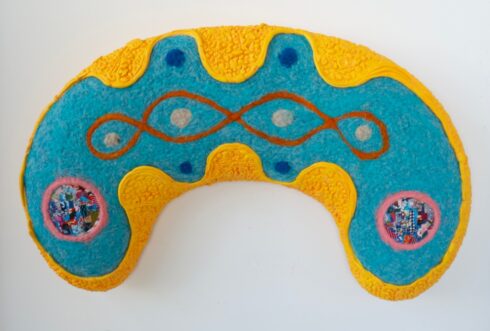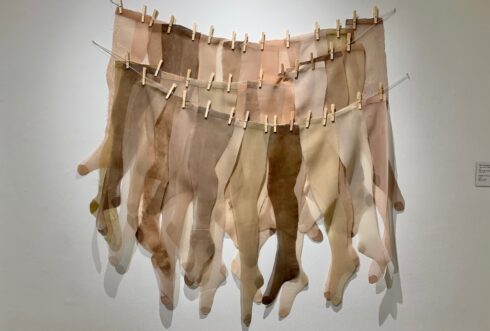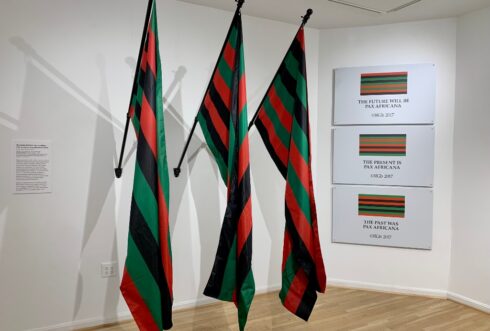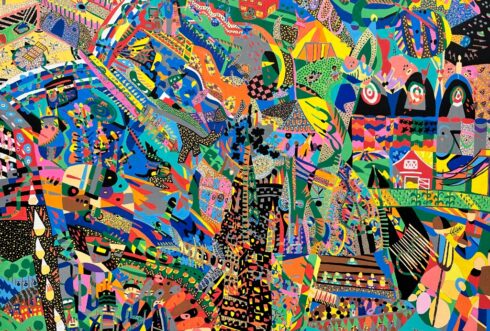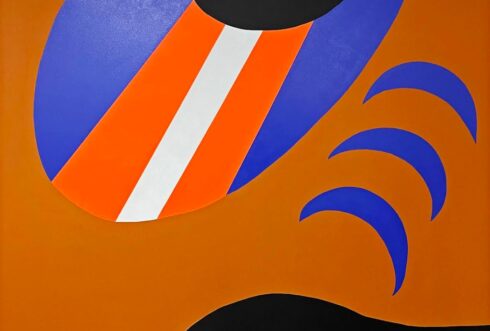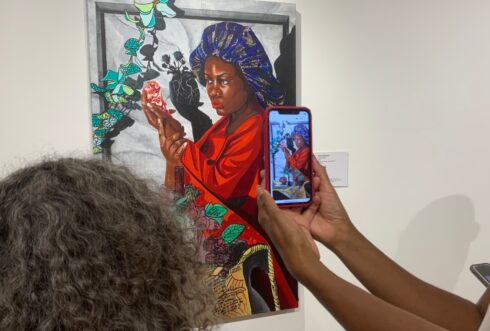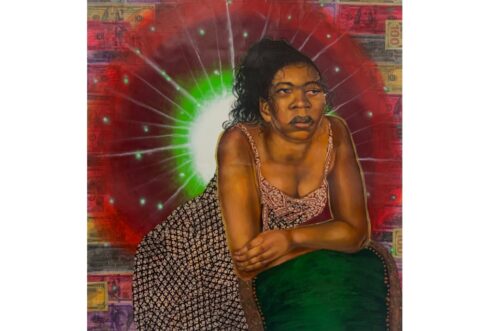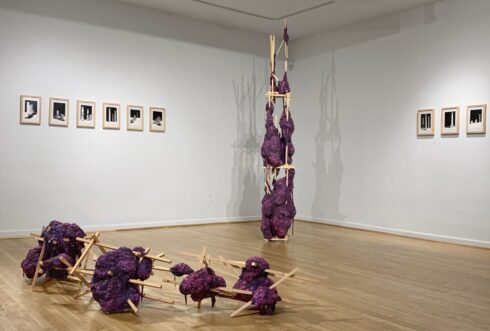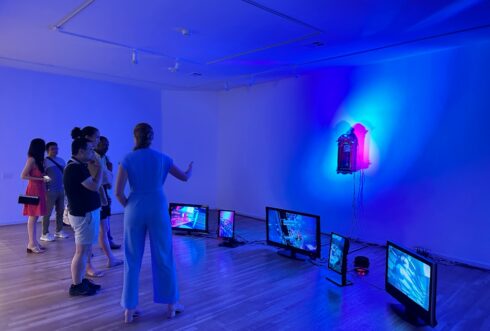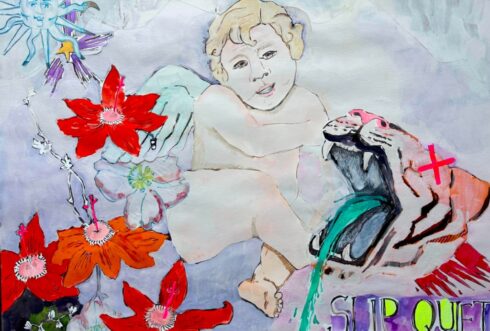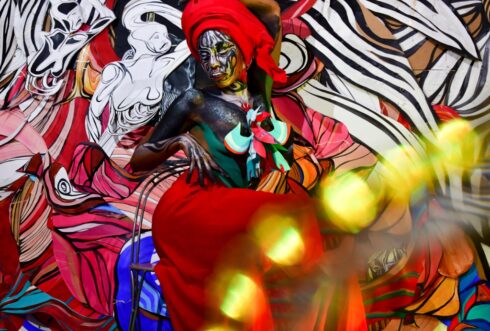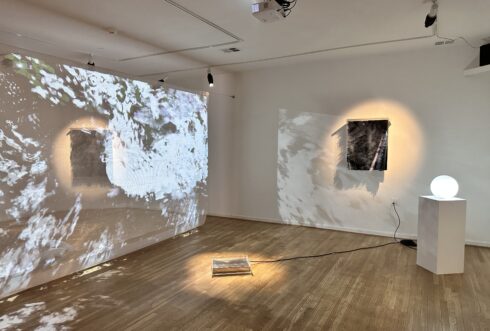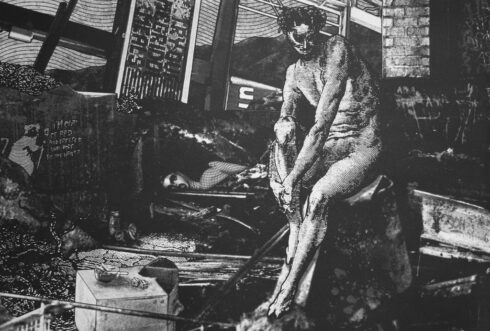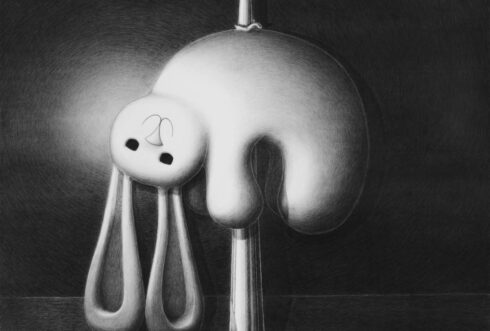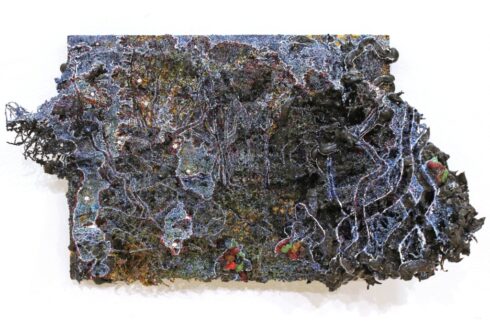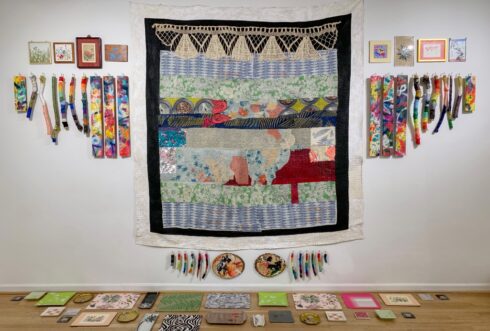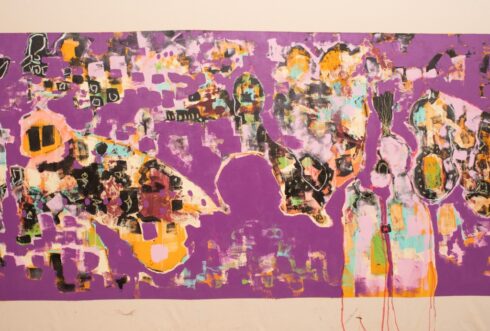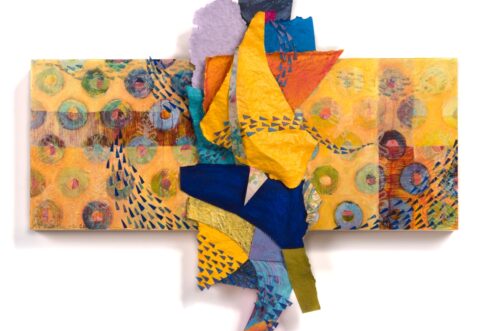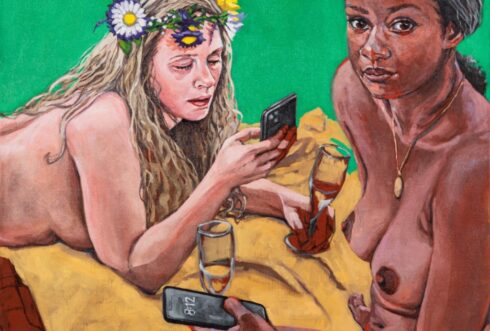Newly Selected Artists-Neville Barbour
Neville Barbour
Archetypes
March 3–April 2, 2023
Archetypes is an exploration of the black, white, and gray in society. It is an exploration of their precarious balance in our world. This exhibition reflects Barbour’s surroundings and our shared history as much as it reflects himself and his personal history. It shows off the type of individuals that are of interest to him as well as those who share his interests.
The artist does not seek to define these familiar archetypes so much as to describe them–delving into the aspects of humanity that he finds familiar. This allows him to sympathize with individuals that may be seen by society as black, white, or gray to create a more nuanced understanding of the world.
Each drawing is based on what feels right to the artist aesthetically. His goal is to create first and then use the finished piece as a springboard into the subconscious. This process allows these archetypes and individuals to change and evolve as the artist evolves during this process. The meanings of each piece change over time. They reflect both external influences and internal projections.
Archetypes is an attempt to discover why these aspects of familiarity are so important to the artist. They help him understand how these aspects of humanity, “the black, the white, and the gray”, ultimately define him.
About the artist:
Neville Barbour is a DC native who believes that our past remains with us for a reason. We must choose how to reinterpret it. We must process it so that it does not fester. He has participated in over 23 domestic and international juried exhibitions. He won “Best in Show” at Touchstone Gallery’s 2020, “Us” exhibition in Washington, DC. He’s currently exhibiting
works at the Museum of Science + Industry in Chicago, IL for their “2023 Black Creativity exhibition” and the African American Museum in Dallas, TX for their “Caroll Harris Simms National Black Art” exhibition. He currently has a piece in the permanent collection at the David Driskell Center for the Study of Visual Arts & Culture of African Americans and the African diaspora.

